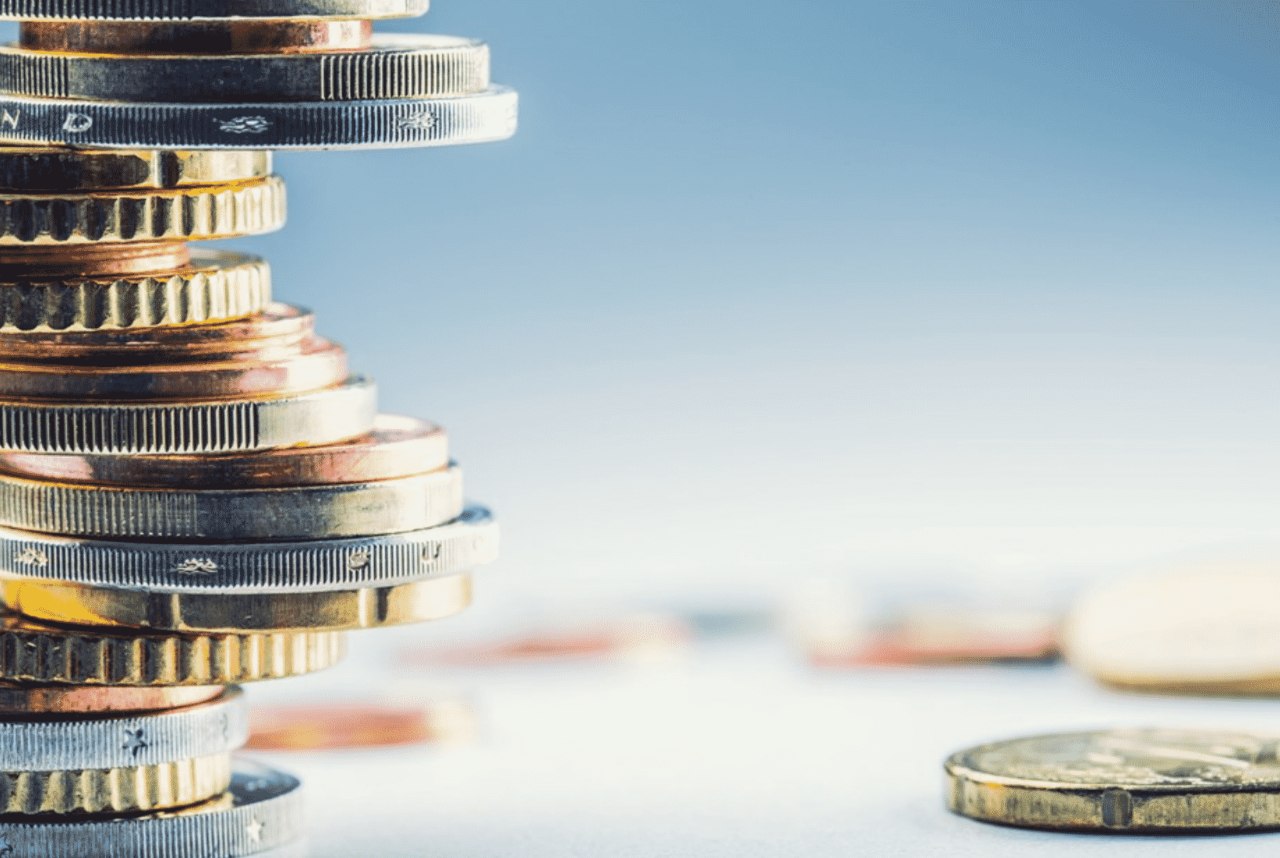Payday Loan vs. Personal Loan: Which Is Right for You?
Procuring a loan may be intimidating to some. Whether you are in short of cash, in need to pay a debt, or you want to invest in a property, obtaining a loan is a good option for you. The key is to know which type of loan is best for you. There are various loan options offered in the market and some of these are the payday loan and personal loan.
In this article, you will learn what payday loans and personal loans are and the differences between the two. Both kinds of loan are available to anyone who can show that they are capable of paying the loan. In terms of differences, the tenure of loan and the interest rate are basically what distinguish them one another.
Payday Loan
A payday loan is a kind of short term loan which you need to pay in a short period of time. As the term implies, it is a loan you pay in your next payday. Lenders do not look into the credit of the borrower. All that is necessary is proof that the borrower is capable of paying the loan by showing monthly income or any expected benefits.
In a payday loan, the amount of money that may be borrowed is less than the borrower’s salary. In short, if you wish to borrow money to settle a debt which is higher than your salary, then a payday loan is not the best option for you. Listed below are the pros and cons of a payday loan that you need to know.
Pros
- Flexible arrangement. Lender or bank usually allows a flexible arrangement in a payday loan.
- Short term. Since most payday loans are settled in the next payday, you need not worry of long term payment.
- Good credit. Being able to settle your payday loan every paycheck helps in restoring your good credit score.
Cons
- High-interest rate. The downside of this type of loan is the imposition of high-interest rate. Bank and lender usually give a high interest in payday loans.
- Cycle. Since payday loans are short term and the money borrowed corresponds to one’s monthly salary, one may be trapped in a cycle of borrowing payday loans from payday to another.
Personal Loan
A personal loan is a loan which is not secured by any asset. Most bank and lenders provide for an amount of money which goes beyond one’s monthly income. This type of loan is a good option if you plan to invest in property, pay a debt or expenses, use for weddings, vacations, etc. Since the loan amount exceeds one’s monthly income, lenders usually look into the credit score of the borrower.
In a personal loan, the repayment period is usually from one year up to five years. The usual interest rates are higher than secured loans but lower than payday loans. The average advertised interest rate is 3.4% per annum. Excluded in this interest rate are the fees lender may charge.
Pros
- Bigger loan amount. In a personal loan, the amount of loan can go up to four times the monthly income of the borrower.
- Lesser risk. Since the loan does not need any security, a borrower need not worry about risking any of his/her property.
Cons
- Long-term payment. The repayments in this kind of loan must be paid in 1 year to 5 years; thereby, making it longer to pay.
- Higher-interest rate. Personal loans, being unsecured, have a higher interest rate as compared with secured loans.
How to Compare Payday Loan and a Personal Loan?
Now that you are familiar with what payday and personal loans are, this section aims to compare the two types of loan. The aim is to help you decide which is the better option for you.
Thus, this section provides information on the loan amount, interest rate, loan tenure, eligibility, and loan providers. Take note that one type of loan is not necessarily the better choice than the other.
1. Loan amount
In terms of amount, a payday loan provides for a smaller amount of money. As discussed, any amount higher than a month’s worth of salary is not available in payday loans.
As opposed to personal loans, the amount of money can go beyond the monthly salary of the borrower. Depending on the credit score of the borrower, bank and other authorized money lenders may even lend up to four times the monthly salary of the borrower.
If you are only caught in a situation where there is an unexpected expense which is relatively small in value and you wish not to settle it for a long time, then apply for payday loans. Otherwise, you take personal loans.
2. Interest rate
As for interest rates, both types of loan provide for relatively higher interest rates as compared with secured loans. However, since payday loans repayments schedule is shorter than personal loans, the former usually have higher interest rates. While payday loans may be the better option for emergency expenses, you have to watch out for the interest rates.
3. Loan tenure
Payday loans have shorter loan tenure. They must be paid on your next payday or in less than a month. Personal loans have longer loan tenure. Repayments may be done in 1 year or some allow even up to 5 years. Depending on your current financial status, the tenure of the loan is also an important consideration.
If your resources allow you to borrow money that may be settled in a longer period of time, then apply for personal loans. Likewise, if you feel like you cannot settle the obligation in a month’s time, then personal loans are still the better option for you.
4. Eligibility
Generally, the eligibility requirements for payday and personal loans are similar. The borrower must be a citizen of Singapore or a permanent resident. He or she must be between the ages of 21 to 60 years old.
For payday loans, the borrower must have a monthly salary or expected benefits. With regard to personal loans, some banks require a minimum of an annual income of S$30,000. Some lenders also look at credit card or bank account.
5. Loan providers
Banks, licensed money lenders, or credit unions offer both payday and personal loans.
Comparison Table
As seen above, both loans have their advantages and disadvantages. Thus, you cannot just simple rule the other out without considering other factors.
To further help you visualize the differences between payday loans and personal loans, we provide you with a table highlighting important factors that you might want to consider before deciding which loan is best for you.
| Key Differences | Payday Loans | Personal Loans |
| Income Requirements | Based only on your monthly salary. | Based on annual salary, bank account or other assets. Most banks require a minimum annual income of S$30,000 |
| Interest Rate | Depending on the contract, but may go as high as 48% interest rate per month. | Usual advertised interest rate is at 3.4% per annum. |
| Repayment Period | Paid in the next paycheck or in less than a month. | Depending on your contract; it may be from 1 to 5 years. |
Which Is Right for You?
Loans whether payday or personal loans are still debt. To make sure that you can settle your debt, you need to have the proper information. As between payday loans and personal loans, aside from the table above, we give you a list of questions you may ask yourself to gather the information that will help you decide. The following questions are:
How much can you afford to pay?
In order to avoid the danger of obtaining one debt to another, one of the primary considerations is the amount you can afford to pay. Assessing your financial resources before considering which loan to get is a safeguard from running the risk of failing to settle your debt. In this way, you will have an idea of your limitations in procuring a loan.
How much do you need?
Aside from determining the amount you afford to pay, the amount needed is likewise an important consideration before you apply for a loan. As much as possible, it is best to borrow only money that corresponds to your actual need. While it seems that personal loan is a better option than a payday loan, there are times where one only needs a short-term loan like payday loans. The catch, of course, is a high-interest rate.
How is your credit history?
Your credit history will also affect the loan options for you. Having bad credit will give you fewer options. Fortunately, lenders do not really consider credit score in payday loans. Thus, if you have bad credit and in need of financial assistance, then you may apply for payday loans. Just make sure that you can settle the amount and the interest on the due date.
If you have relatively good credit and need to acquire a relatively high sum of money, then a personal loan is a better option. It remains a better option to if you intend to use the cash as funds for investment, celebrations, etc. However, it is always important to bear in mind that this loan has a longer time for repayments and there are usually fees imposed on top of the interest.
Closing
There may be times where your financial position requires you to get a loan. This may happen when you are in short of cash or there is an unexpected debt you need to settle. In times like this, having a concrete plan will help you. Our advice to you is to determine how much you need and the resources you have. In this way, you will avoid the danger of being trapped with debt.
In this article, you learned two of the loan options in the market. Moreover, we provided you with information that aims to guide you in making a decision with regard to loans. In sum, a payday loan is the best option for emergency or unexpected expenses. While a personal loan is the best option for a planned financial need. The next time that you consider to apply for a loan, the points raised in this article may guide you in deciding.




